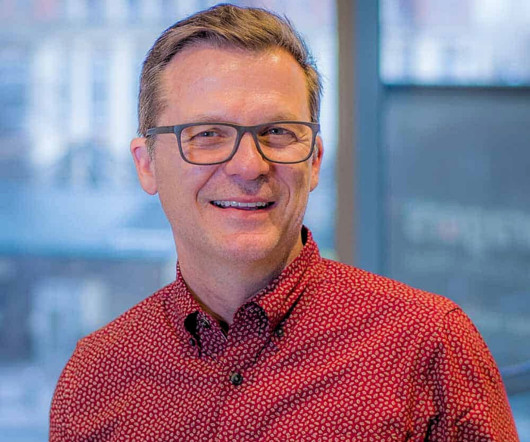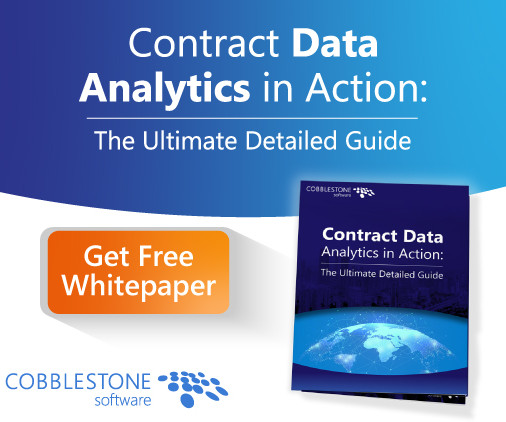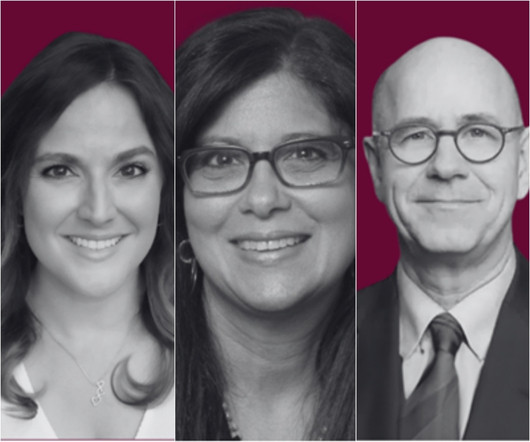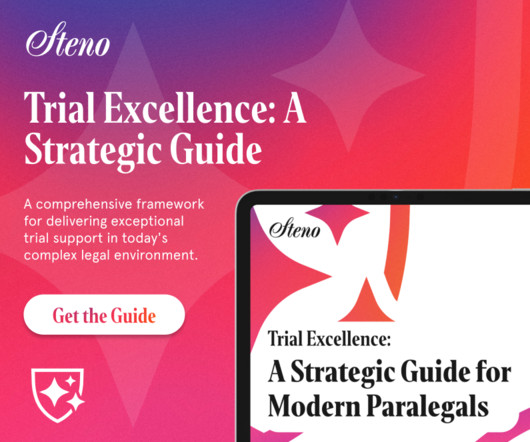Blogger’s new templates: Contempo, Soho, Emporio and Notable
LawActually
MARCH 31, 2017
For a while now, I’ve been increasingly conscious that the design of Law Actually has become a bit long in the tooth. I’ve occasionally tinkered with the look and feel of my blog over the last few years, but there’s been no escaping the fact it was based on a (now pretty primitive) blogger design from six or seven years ago. The last major refresh I’d made to the design was in 2012.

































Let's personalize your content